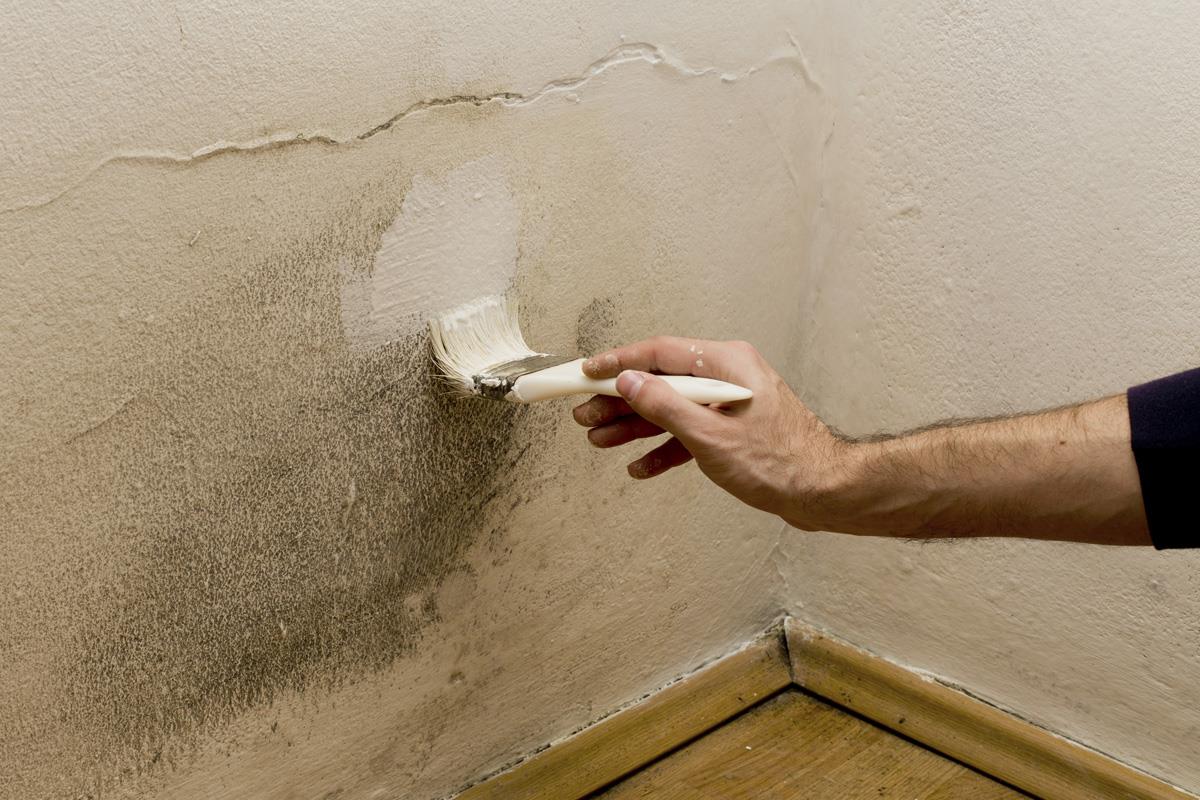Tips for Decorating Your Home for Fall

It’s hard to believe but fall is finally here and Halloween is right around the corner. Decorating your home for this time of year can be as fun as decorating for the holidays that follow them if you know how to do it right. Let’s take a look at a few tips for decorating your home for fall and Halloween. If you have just recently bought a new home you may want to make your house stand out in the neighborhood during the holidays and you have come to the right place to make that happen.
- Fall decorating can be as simple as putting a few hay bales outside your front door. If you want to take it a step further you can add a couple of pumpkins and perhaps a scarecrow as well. Keep in mind however that less is sometimes more when it comes to decorating your home for the holidays.
- If you are really crafty you can make a sign out of old wooden pallets. There are a lot of “how to” videos online if you have no idea where to start making your wooden pallet art. A good sign to make for fall is a wooden pallet sign that says something like “happy fall ya’ll”. This is a cute sign if you are from the south.
- A great idea for decorating the outside of your home for Halloween is to hang up t-shirt material in the shape of ghosts at your front porch. A cool way to make the “ghosts” show up at night is to replace your regular porch lights with black lights. As the sun sets the ghosts will begin to glow.
- A great idea for decorating the inside of your home for fall is to put out some fall flowers with a few ghouls and goblins intermixed in the arrangement.
- A fall wreath for your new home’s front door is also a great way to show your decorating style to your new neighbors. These can easily be made with a little bit of burlap and some ribbon. Again, sometimes more is less when it comes to decorating so keep that in mind.
These ideas for decorating your house for fall and/or Halloween are just a few ways to get things started in the décor department. Use all of them or only a few. Either way it is very likely that your new neighbors will take notice of your craftiness.
Information courtesy of Chester County PA Real Estate Expert Scott Darling!




 Conceal wall stains with primer
Conceal wall stains with primer Most financially successful people who insure their assets with carriers geared primarily for the average U.S. household overpay for coverage, according to an ACE survey of independent insurance agents. Furthermore, the survey found that coverage is often inadequate, leaving their wealth unnecessarily exposed to the risk of severe financial loss.
Most financially successful people who insure their assets with carriers geared primarily for the average U.S. household overpay for coverage, according to an ACE survey of independent insurance agents. Furthermore, the survey found that coverage is often inadequate, leaving their wealth unnecessarily exposed to the risk of severe financial loss. There are three primary sources for credit scores in the US:
There are three primary sources for credit scores in the US:  Many times when folks cook out they will do so from their deck. If you are planning to walk away from your grill for any amount of time you may want place your grill away from the deck so that there is no chance that it can catch on fire. Perhaps a patio would be a better place for your outdoor cooking. If you don’t have a patio you can easily build one.
Many times when folks cook out they will do so from their deck. If you are planning to walk away from your grill for any amount of time you may want place your grill away from the deck so that there is no chance that it can catch on fire. Perhaps a patio would be a better place for your outdoor cooking. If you don’t have a patio you can easily build one.  "When people plan vacations, they let their guard down," says David Barnhardt, payments product line leader at Early Warning, an Arizona-based fraud prevention company. "Fraudsters know this, and they have a whole bag of tricks created specifically for people in a vacation frame of mind."
"When people plan vacations, they let their guard down," says David Barnhardt, payments product line leader at Early Warning, an Arizona-based fraud prevention company. "Fraudsters know this, and they have a whole bag of tricks created specifically for people in a vacation frame of mind."



